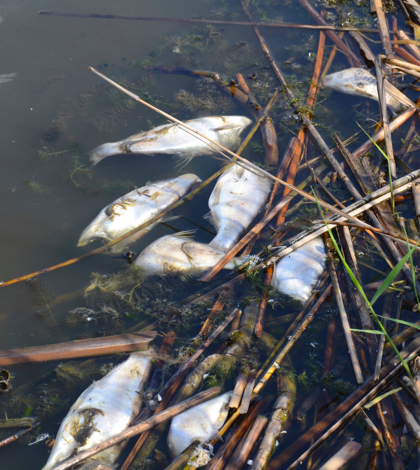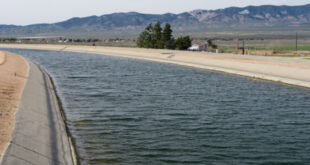Because of the severe California drought, the delta smelt, a small, silver fish that calls the Klamath River and Sacramento-San Joaquin Delta home is even more likely to become extinct. Under the Endangered Species Act of 1992, the delta smelt is listed as a species that could become extinct. In 2010, the delta smelt became a protected under state law as a protected species.
This fish has been the topic of much debate between legislators, farmers and water wonks. Should the fish be protected if it means limiting water access to the agricultural industry and drinking water for suburban areas? The debate has sparked heavy controversy from the agricultural industry, as well as environmentalists.
Even though there’s a threat of the delta smelt becoming extinct in the wild, UC Davis Fish Conservation and Culture Laboratory were given a $10 million grant to breed the fish in small capacities; it was a way of ensuring the species didn’t become extinct altogether.
Before the California drought became a factor that impacted the delta smelt, the fish was seeing a decline in population for a number of reasons: invasive species, pollution and increased water exports. The water exports, in combination with the California drought, has made the chance of extinction even more prevalent.
Another fish, the salmon, which also claims the Klammath River as its home, could face a similar problem. The salmon faces extinction because of a parasite, known as the inch, is taking over the river. Back in 2002, the parasite killed up to 68,000 salmon, something Congressman Jared Huffman (D-San Rafael) fears could be in the works again.
Huffman wants Humbolt County’s contractual right to 50,000 acre-feet of water to be retracted in order to protect the fish, according to a statement.
“I have asked Secretary Sally Jewell to work closely with the Yurok and Hoopa tribes and Humbolt County on a plan to release additional water from the Trinity River, which will boost flows on the Klamath. The U.S. Bureau of Reclamation must preserve cold water in Trinity Lake to prevent a repeat of the tragic 2002 salmon run disaster,” Huffman said in a statement.
Tribal leaders in the region are concerned the death of the Klamath River’s salmon could have negative repercussions for the regional economy.
 California Water News Daily Your Source For Water News in California
California Water News Daily Your Source For Water News in California


